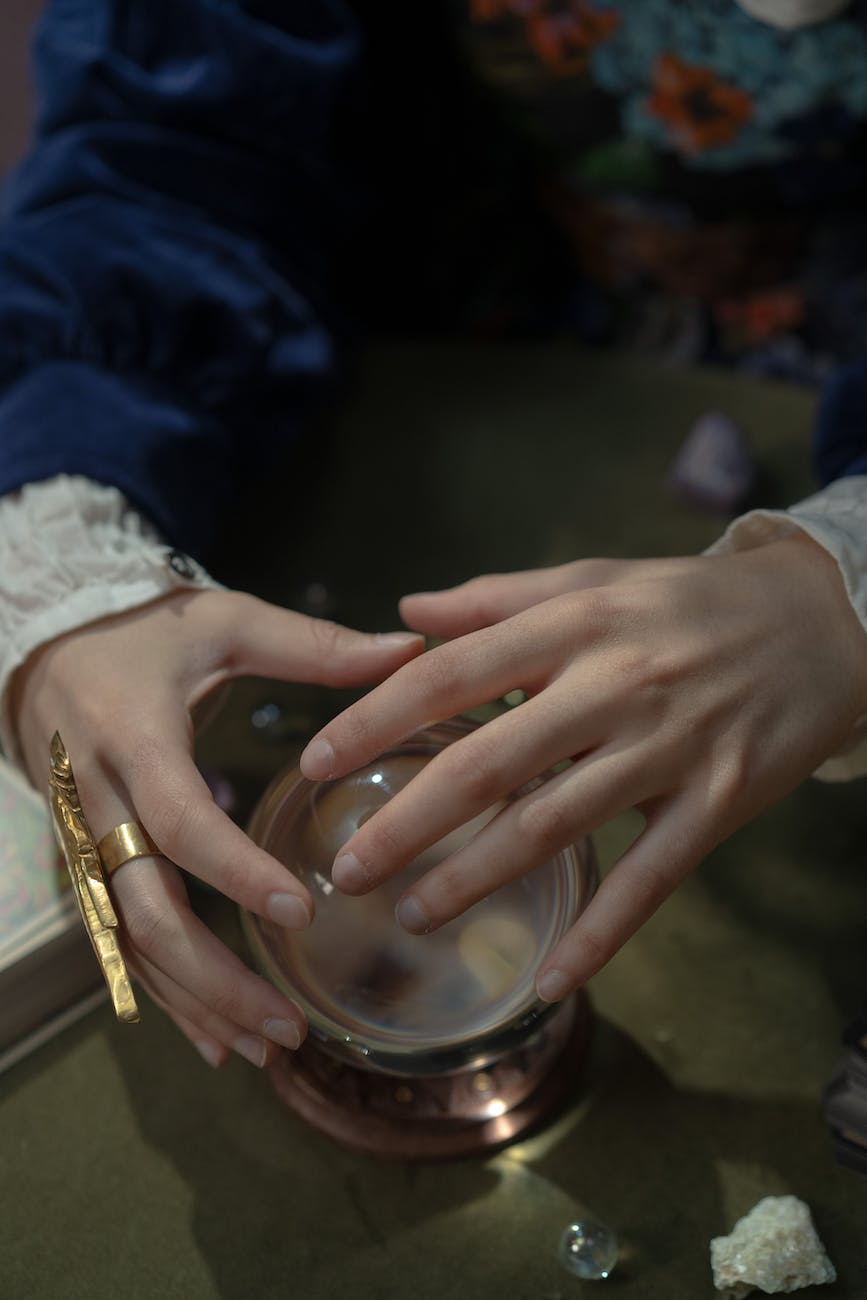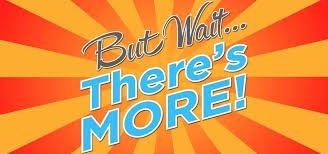PREDICT IT!
PREDICTIVE RESPONSES
There’s nothing magical about expertly knowing the outcome of actions on stage… but it sure looks like it from the audience point of view.
Let me explain: Paul is chopping food in the Kitchen. Anna walks in and says what most improvisers say, “Oh, you are cooking.” Real people don’t explain what is obviously happening. Most improvisers do, and it looks weak.
When Anna sees Paul cooking and says, “I hope the Philman’s like Salsa” and Paul responds with a smile, “My boss will eat whatever I make and she’ll love it!” the audience experiences experts in their reality magically revealing a history and future by bravely predicting, what’s cooking, who it’s cooking for and the relationship to the chef.
Fear stops us from doing that.
Here are some tips to help you be more, helpful to the scene, your partner and to be a bit of a magical improviser.
PREDICTIVE RESPONSE!
So take those two words separately:
- PREDICTIVE – to say something which clarifies the unknown future
- RESPONSE – a reaction to something
Someone playing a child on stage raises their arm in the scene. We can add to their action by RESPONDING bravely, not by asking them for the reason or by obviously stating that they are raising their arm. We PREDICT that they are reaching for the string of the balloon floating away from them. We made the intelligent prediction because they were playing a child and they were looking up, and and and…
You get the idea. Observant improvisers see details and ‘extrapolate’ from the details what the action might mean. Brave improvisers are willing to put their idea forward, knowing that they might be supplying a definition our partner hadn’t intended. But that’s OK.
Another example: A knock at the door.
What most improvisers say: “Someone’s knocking at the door.“
The Predictive Response: As you walk to the door, your partner in the scene says, “I left the rent cheque by the keys”. You grab the cheque, open the door and welcome Mr Furley with the rent payment. You appear like an expert in your reality who pays their rent to the landlord like this every month. The audience discovers reason through your action.
It’s not a problem to answer the door because a stranger is there and not know anything about them BUT… it can be great fun and a great tool to make up the reason based on the feeling in the scene.
A PRACTICE EXERCISE: PHYSICAL PREDICTIONS
- Get together with a partner.
- One of you make a physical offer.
- The other person give a response that helps explains WHY they are doing WHAT they are doing. (Try not to say WHAT THEY ARE DOING FIRST)
- Repeat
If it looks like your partner is pushing something, don’t say – “You are pushing something.” Lean into helping them push and say, “How did they get the piano up here in the first place.” (Assumes your partner is pushing something, assumes it’s a piano from the way they are pushing, and it gives some detail – someone had moved it into the place)
 If your partner has reached into the air, you might say, “Careful, it might still be hot. I hope there’s another bulb in the cupboard” and you stumble around in the dark while your partner tries to change the lightbulb.
If your partner has reached into the air, you might say, “Careful, it might still be hot. I hope there’s another bulb in the cupboard” and you stumble around in the dark while your partner tries to change the lightbulb.
We are experts in life who make assumptions all the time. Practice doing this on stage and you’ll magically improve your storytelling and character development.




0 Comments